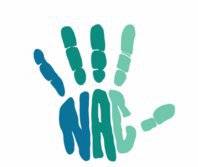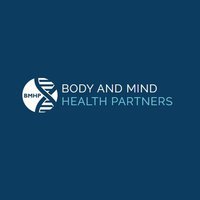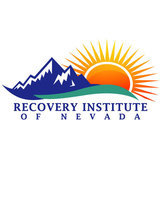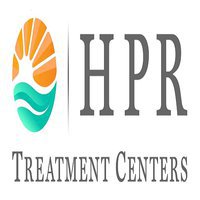公司描述
IS THERE A CURE FOR ADDICTION?
Can an addict learn to control their addictive behavior with the right addiction information? What are the causes of addiction, and can it be prevented? This is a complicated disease of the brain. So, the answer to these and other common questions is yes, no, and it depends. An addict suffers from the compulsive need for a habit-forming substance or behavior.
Addiction is defined as the “persistent compulsive dependence on a behavior or substance or the practice of something that is psychologically habit-forming, a chronic disease of the brain that leads to individual biological, psychological, social, and spiritual dysfunction reflected by the pathological pursuit of the reward or relief in the form of a substance or behavior.” Because what motivates an addict is his/her drug or behavior, the only real prevention is abstinence. There exist these types to all kinds of different things. Because we don’t live in a perfect world, some are more harmful than others, but each bears its level of pursuance and degree of necessity for the addict.
The complexity of this disease and overcoming it and the devastating effects are the ultimate goals so many addicts are trying to reach. Let’s take a look at some of the different abuse levels and how they affect the addict and their loved ones’ lives. Of the most likely things to become quickly addicted to are narcotic pain relievers in the form of opioids. Among the most commonly prescribed opioids are codeine, Fentanyl, Hydrocodone (Vicodin), Methadone (often used to treat heroin addicts), Morphine, and Oxycodone (Percocet, OxyContin). Doctors prescribe these medications to treat moderate to severe pain. Many people quickly become addicted to these drugs as they are often prescribed in around-the-clock dosages. This allows the body to get accustomed to the opiate very quickly. Those who are aware that they have an addictive personality should not take these medications.
Can an addict learn to control their addictive behavior with the right addiction information? What are the causes of addiction, and can it be prevented? This is a complicated disease of the brain. So, the answer to these and other common questions is yes, no, and it depends. An addict suffers from the compulsive need for a habit-forming substance or behavior.
Addiction is defined as the “persistent compulsive dependence on a behavior or substance or the practice of something that is psychologically habit-forming, a chronic disease of the brain that leads to individual biological, psychological, social, and spiritual dysfunction reflected by the pathological pursuit of the reward or relief in the form of a substance or behavior.” Because what motivates an addict is his/her drug or behavior, the only real prevention is abstinence. There exist these types to all kinds of different things. Because we don’t live in a perfect world, some are more harmful than others, but each bears its level of pursuance and degree of necessity for the addict.
The complexity of this disease and overcoming it and the devastating effects are the ultimate goals so many addicts are trying to reach. Let’s take a look at some of the different abuse levels and how they affect the addict and their loved ones’ lives. Of the most likely things to become quickly addicted to are narcotic pain relievers in the form of opioids. Among the most commonly prescribed opioids are codeine, Fentanyl, Hydrocodone (Vicodin), Methadone (often used to treat heroin addicts), Morphine, and Oxycodone (Percocet, OxyContin). Doctors prescribe these medications to treat moderate to severe pain. Many people quickly become addicted to these drugs as they are often prescribed in around-the-clock dosages. This allows the body to get accustomed to the opiate very quickly. Those who are aware that they have an addictive personality should not take these medications.












